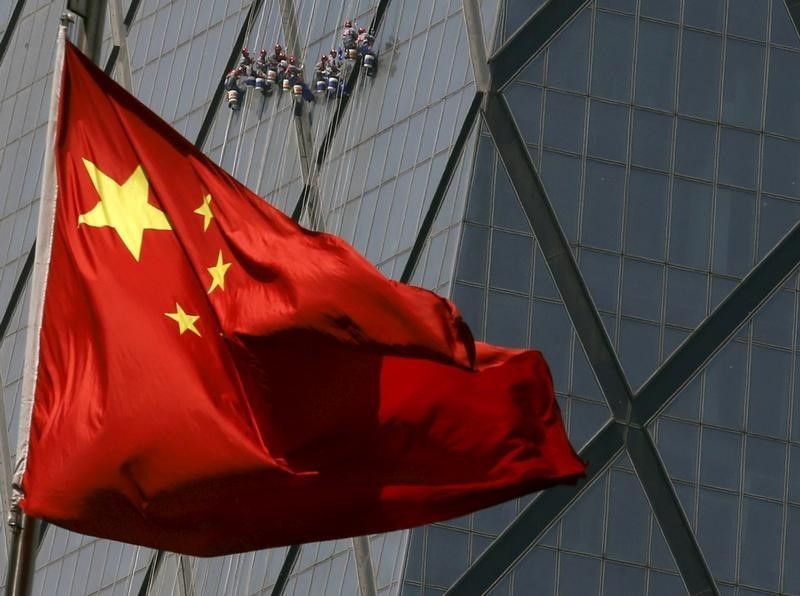(Bloomberg) -- As Chinese refiners struggle with low profits from turning oil into products like gasoline and plastics that have prompted run cuts across the country, a small corner of the market is having a moment.
Imports of light-cycle oil, a by-product of crude that can be blended with diesel or fuel oil to increase volumes, surged in April and May. Its popularity is being driven by higher demand for diesel from shipping due to the introduction of rules prohibiting the use of dirtier fuels. Instead of buying costlier crude to make into diesel, refiners are mixing more LCO with it. Diesel use also typically rises in the second quarter due to the planting of rice and wheat.
China has required vessels use fuel with less than 0.5% sulfur since the beginning of this year, before the International Maritime Organization imposes the limit from next January in a shift that’s known as IMO 2020. That’s aiding LCO as it lifts demand for low-sulfur fuel such as diesel, a grade that could be hit by a slowdown in industrial use if the U.S.-China trade war worsens.
“Anecdotal evidence shows that diesel demand is supported from agriculture and unreported bunkering use in China,” Michal Meidan, an analyst at consultant Energy Aspects Ltd. in London, said in June 6 note. Chinese domestic diesel prices remained high in April, suggesting not-too-bearish demand for the fuel, she said.
While Bloomberg calculations of China’s apparent diesel demand -- based on total industrial output and imports, less exports -- point to a more than 9% decline in April-May versus the previous year, it might not represent a full picture of the nation’s supply and consumption patterns due to a lack of clarity on blending activities.
Chinese imports of light cycle oil rose 73% in April from a month earlier and another 15% in May, reaching the highest level since December 2018. The purchases increased 9% and 18%, respectively, on a year-on-year basis.
China’s demand for diesel has found support from a recovery in industrial activities after the Chinese government cut taxes for corporate companies, said Amy Sun, an analyst at Guangzhou-based commodities researcher GL Information. The nation’s early adoption of its own version of IMO 2020 in inland rivers is aiding demand from shipping, she said.
